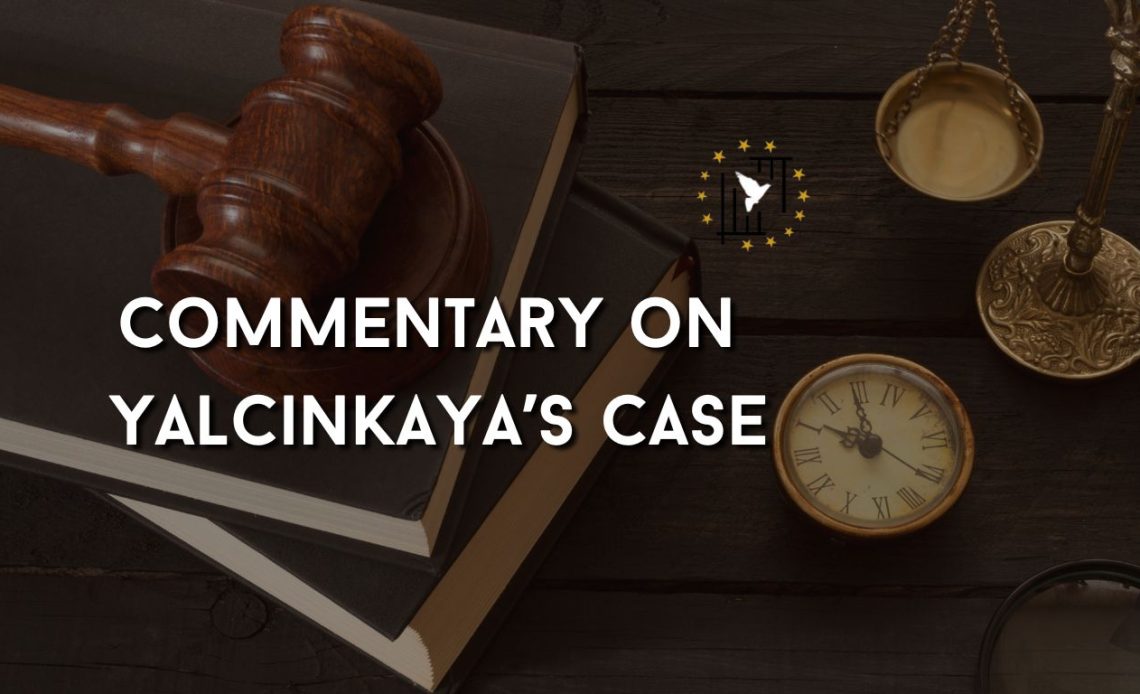Following the retrial of Mr. Yalçınkaya, the judgment of the Kayseri Second Assize Court reveals that the Turkish judiciary is hesitant to enforce the Court´s judgment.
Yüksel Yalçınkaya was working as a teacher before the 15 July 2016 coup attempt. On account of his suspected affiliation with the Gülen Movement, he was first dismissed from service by Legislative Decree no. 672, and later, on the 6th of October 2016, he was arrested.
The 2023 Grand Chamber judgment found violations of Article 6(1), Article 7, and Article 11 of the European Convention on Human Rights. The judgment indicated that claims by the Turkish state that alleged crimes committed by Mr. Yalçınkaya lacked legality and foreseeability, thus constituting a violation of Article 7 (nullum crimen, nulla poena sine lege). The allegations against the applicant were based on his alleged online activity on the ByLock application, linking him directly to membership in an armed terrorist organization and involvement in the hierarchical structure of FETÖ/PDY, claims which the applicant consistently denied, stating that he never downloaded the app.
In addition, following the judgment, several other people were detained with similar claims over the alleged use of the ByLock application. Even though the Court’s judgment should have set a precedent for similar cases pending before domestic courts, the Turkish judiciary has been systemically refusing to implement the judgment of the Court for the criminal proceedings in similar cases to Mr. Yalçınkaya.
The action plan submitted by Türkiye aimed to portray the violations as non-systemic. The Turkish judiciary must have the remedies to effectively address individual measures in such cases.
Pour lire le rapport complet, veuillez cliquer ici..

